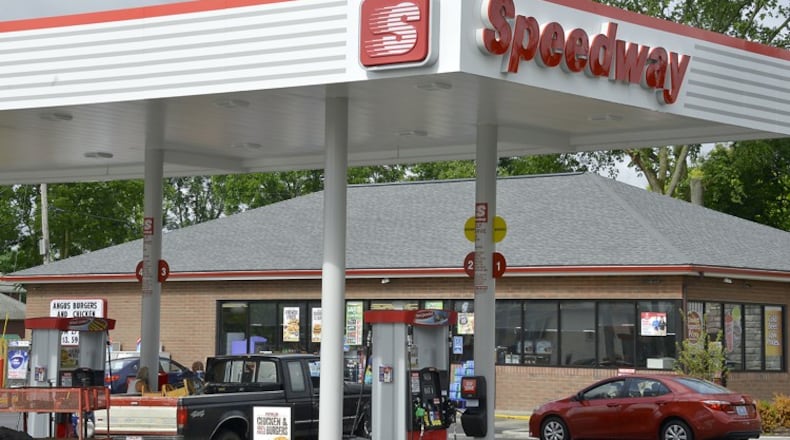The agreement is related to a proposed consent order from the FTC and one of the states in which divestment will occur includes Ohio.
However, the Dayton and Springfield markets were not listed by the FTC as areas in which the divestment would occur. This follows the recent closure of an acquisition between 7-Eleven and Marathon.
Representatives of the 7-Eleven convenience store chain stated in May that it had closed on the $21 billion acquisition that included the purchase of nearly 4,000 Speedway stores across 36 states.
The acquisition went forward even though members of the Federal Trade Commission had publicly expressed concerns about the deal, stating that it violated antitrust laws.
“We have reason to believe that this transaction is illegal under Section 7 of the Clayton Act and Section 5 of the Federal Trade Commission Act, raising significant competitive concerns in hundreds of local retail gasoline and diesel fuel markets across the country,” said a statement in May from FTC Acting Chairwoman Rebecca Kelly Slaughter and Commissioner Rohit Chopra.
“In many local markets, the transaction is either a merger-to-monopoly or reduces the number of competitors from three to two,” the statement in May said.
“With the support of a majority of commissioners, the commission can and routinely does challenge these harmful mergers.”
However, the agreement announced last week calls for the 7-Eleven and Marathon to divest hundreds of stores that sell gasoline and diesel fuel in 293 local markets across 20 states.
That action is being done in order to settle the FTC’s claims, according to a news release from the federal agency.
A subsidiary of the Tokyo-based Seven & i Holdings Co., Ltd., 7-Eleven owns, operates, and franchises approximately 9,000 convenience stores in the United States, making it the largest U.S. convenience store chain. Almost half of those stores sell fuel as well, according to the FTC.
The argument for the divestment is that markets for retail gasoline and retail diesel fuel are highly localized. As a result consumers have no economic or practical alternatives to the retail sale of gasoline or diesel fuel.
The FTC said that the complaint against the acquisition of Speedway stems from the belief that it would harm competition in local markets in states such as Ohio.
If not addressed, the complaint stated, the acquisition would reduce the number of independent competitors to three or fewer in 293 markets.
Under the terms laid out in the proposed consent order, 7-Eleven and Marathon are required to divest 124 retail fuel outlets to Anabi Oil, comprising 123 Speedway outlets and one 7-Eleven outlet.
They are also required to divest 106 retail fuel outlets to Cross America Partners, comprising 105 Speedway outlets and one 7-Eleven outlet. In addition to that, those companies must divest 63 Speedway retail fuel outlets to Jacksons Food Stores, according to the news release from the FTC.
The proposed order also requires 7-Eleven, Inc. and Marathon, for a period of five years, to obtain prior commission approval before purchasing any of the divested outlets.
About the Author

